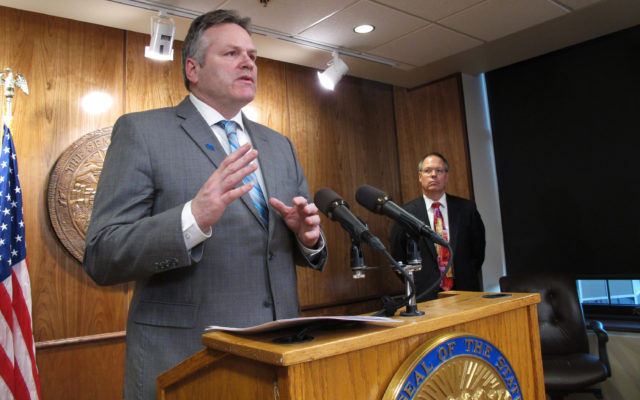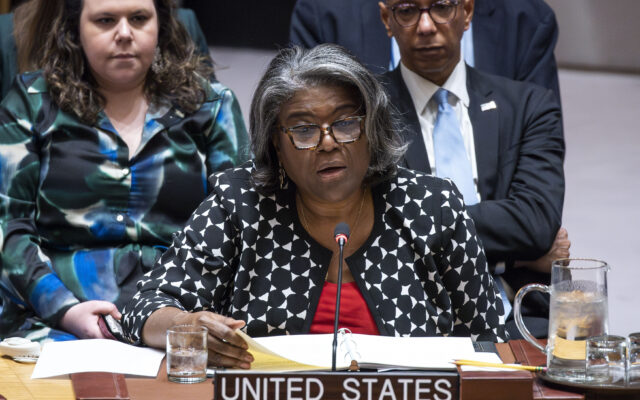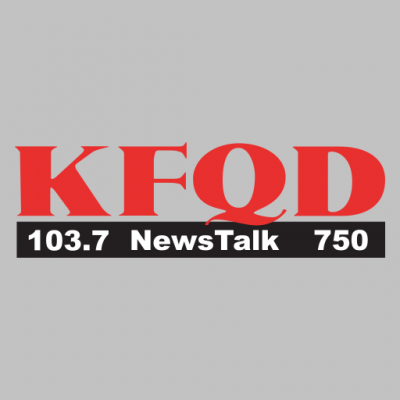Alaska gov unveils budget plan, touts carbon sequestration

JUNEAU, Alaska (AP) — Gov. Mike Dunleavy on Thursday proposed a dividend for residents from Alaska’s oil-wealth fund in line with a formula that lawmakers haven’t followed in years and said he intends to pursue carbon sequestration as a “promising” potential source of new state revenue.
The Republican, who last month became the first Alaska governor since 1998 to win back-to-back terms, outlined a budget plan he said was intended for people to “discuss logically and not emotionally. That’s why you don’t see large reductions, you don’t see large additions. This is a budget that I think we can work off of.”
During his first year in office, Dunleavy proposed steep cuts and made vetoes that prompted public outrage and fueled a recall attempt against him. That recall effort ended last year, with the gubernatorial election looming.
The governor said he listened to Alaskans on issues they thought were important, such as schools, transportation, roads and the yearly dividend, traditionally paid with earnings from the state’s oil-wealth fund — the Alaska Permanent Fund.
“If we go into this process with an open mind but an understanding that we all want to solve issues, that we all want to focus on the issues instead of personalities, I think we can get some great things done here in the state of Alaska,” he said. “As a matter of fact, I think we can build an Alaska not just for tomorrow but for our kids and our grandkids for the next 50 years. And that’s what we need to look at.”
There is a yearly application process for dividends and residency requirements to meet. This year, residents received $3,284, which included an energy relief payment of $662.
Dunleavy is proposing an estimated $3,860 dividend for next year that his office said would be calculated under a formula last used in 2015.
In 2016, then-Gov. Bill Walker vetoed a portion of the money available for dividends amid deficits. Lawmakers since then have decided how much should go toward the annual checks. Lawmakers in recent years also have relied on permanent fund earnings to help pay for government while seeking to limit withdrawals from earnings for government spending and dividends. That limit for the next budget year would be about $3.5 billion.
This year’s dividend was in line with an approach Dunleavy had advocated that split the withdrawal 50/50 between government and dividends. It passed as part of the budget earlier this year when North Slope oil prices were around $115 a barrel. Prices fell earlier this month to less than $80 a barrel.
Dunleavy said he’s willing to have a discussion about what the dividend looks like going forward but said that needs to be part of a comprehensive fiscal plan. He said costs “haven’t gotten cheaper in Alaska,” particularly for those in rural areas where shipping costs are high.
He said he plans to introduce a carbon sequestration bill, with details around that proposal still being worked out. He said he sees carbon sequestration as a potential source of revenue for a state that has long relied on oil.
The U.S. Geological Survey says carbon dioxide is the most commonly produced greenhouse gas and that carbon sequestration is the process of capturing and storing atmospheric carbon dioxide.
Dunleavy said he also looks forward to further discussions with lawmakers on education funding.
His budget plan came out the same day as a revised state revenue forecast that estimates about $1.8 billion less in revenue between this fiscal year and next than the forecast that came out in the spring. The shifting estimates come amid changes in oil price and production projections.
Republican Sen. Gary Stevens, poised to be the next Senate president, called the budget proposal a “good starting point” for lawmakers to begin their work. But he expressed concerns with several areas, including education funding, the dividend amount and “a skeleton version of a capital budget.”
The Senate has organized into a bipartisan majority coalition for the legislative session beginning Jan. 17. The House has yet to organize.
Rep. Ben Carpenter, a Nikiski Republican who has served on the House Finance Committee, called Dunleavy’s budget proposal “practical.” But he also said in a statement that a “reliance on savings to balance the budget points to the continued need for the legislature to address our structural imbalance with long-term fiscal policies that prioritize economic growth, low taxation and disciplined spending.”




